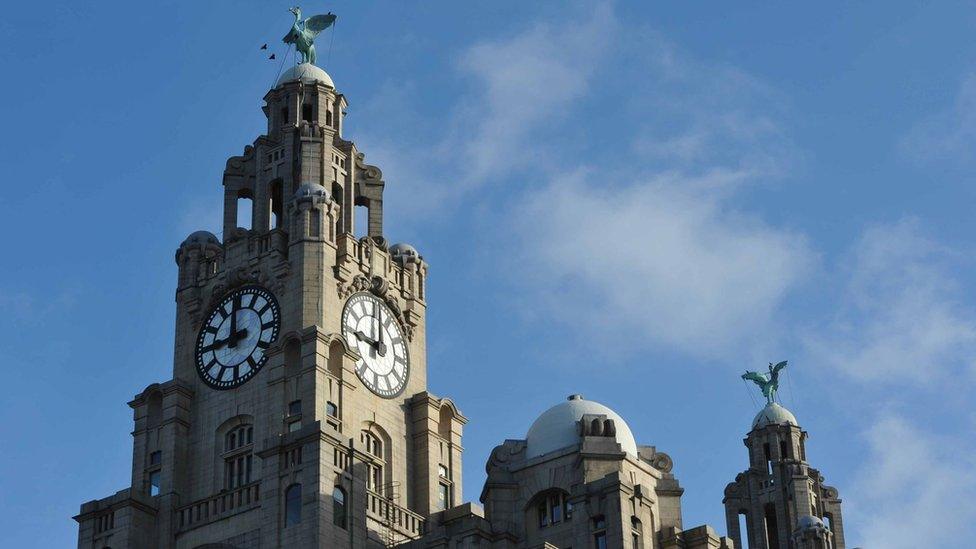Eurovision's not the only big contest in Liverpool this May
- Published
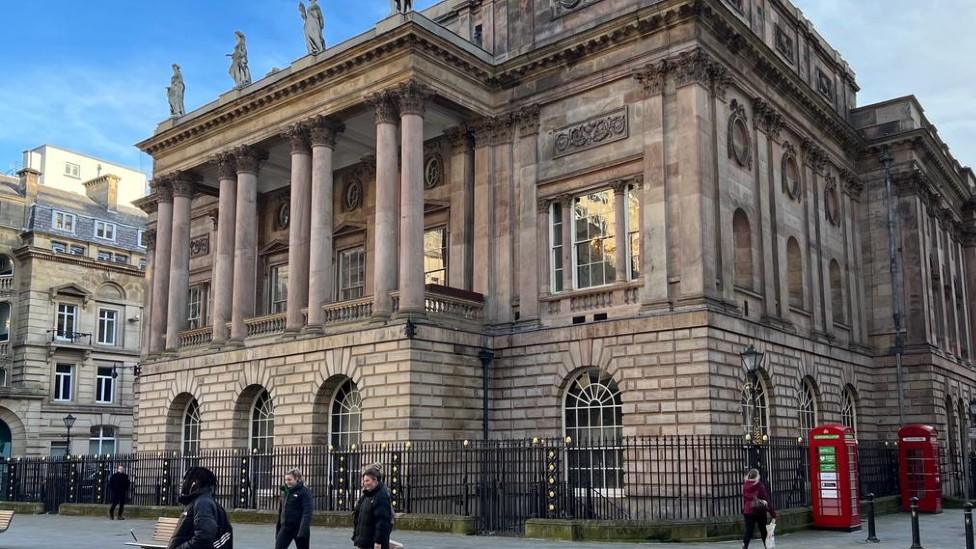
Big political decisions are made in the Town Hall chamber
While most eyes will be on Liverpool for Eurovision next month, there's about to be another, equally fascinating, contest in the city.
People across Liverpool will head to polling stations on Thursday 4 May to elect a new-look city council following a turbulent few years.
While Labour has controlled the council since 2010, their opponents are trying to capitalise on a series of political shockwaves which have rocked the city in recent times.
In 2020, following a police investigation into property deals in the city, four men including the city's then mayor Joe Anderson were arrested. He denied wrongdoing and has not been charged with any crime.
In March 2021 came a damning report by local government inspector Max Caller in which aspects of the council were branded as "dysfunctional".
'Improvement journey'
Commissioners were brought in and have overseen several areas of decision-making at the council's Cunard Building headquarters since June 2021.
A costly error over the council's energy bill, the departure of chief executive Tony Reeves. and revelations that several Labour councillors had parking fines cancelled without going through the official channels have all undermined the narrative that the council's "improvement journey" is heading in the right direction.
As part of the changes Mr Caller proposed and the government implemented, the political map of Liverpool has also been completely redrawn for this election.
The number of wards rises from 30 to 64 while the number of councillors is being cut from 90 to 85.
Most of the wards will be represented by only one councillor rather than the current three, and all seats will be contested once every four years. Until now one third of seats have been up for grabs each year.
The role of directly elected mayor, held since 2021 by Joe Anderson's successor Joanne Anderson (no relation), will no longer exist and there will instead be a council leader and cabinet structure.
So that is the backdrop against which these elections will take place.
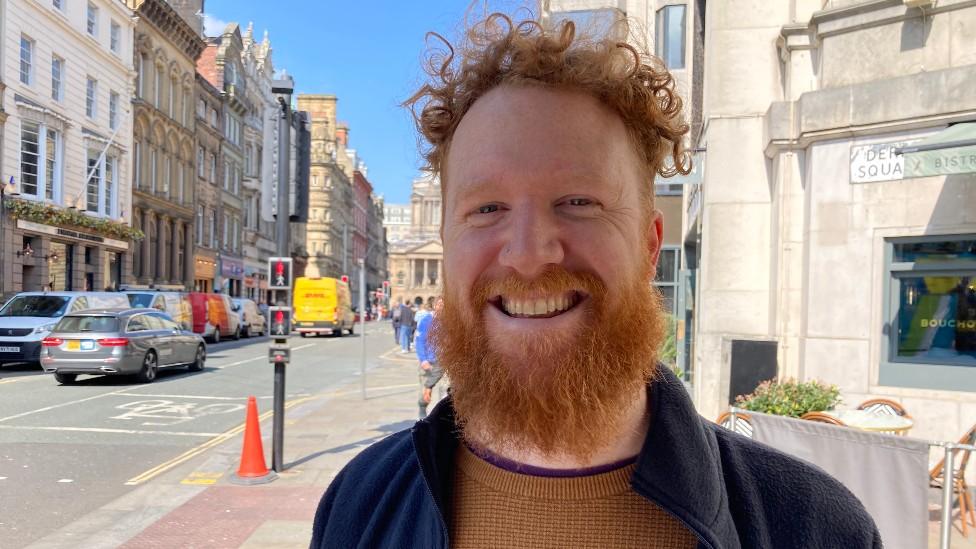
Dean Roberts says he is more excited about voting in Eurovision
On a sunny afternoon, the street outside the Town Hall is crowded with tables and chairs. The bars and restaurants are certainly taking full advantage.
People here seem more animated about who will win Eurovision than exercising their democratic right.
"I'm not as engaged as I have been in previous years," said Dean Roberts, an architect from Wavertree. "It doesn't feel like much changes, there are always the same problems."
He said his suburb did not get the same attention as the city centre. "The roads are a mess, it feels like it hasn't been cleaned, it doesn't give you a lot of hope," he said.
Despite that, he said he would still cast his vote.
He added that he had paid attention to some of the controversies over planning which had contributed to government inspectors being sent in to oversee council departments.
But he's a lot more excited about voting in Eurovision. "It's a once in a lifetime thing", he said "elections will come along every four years!"
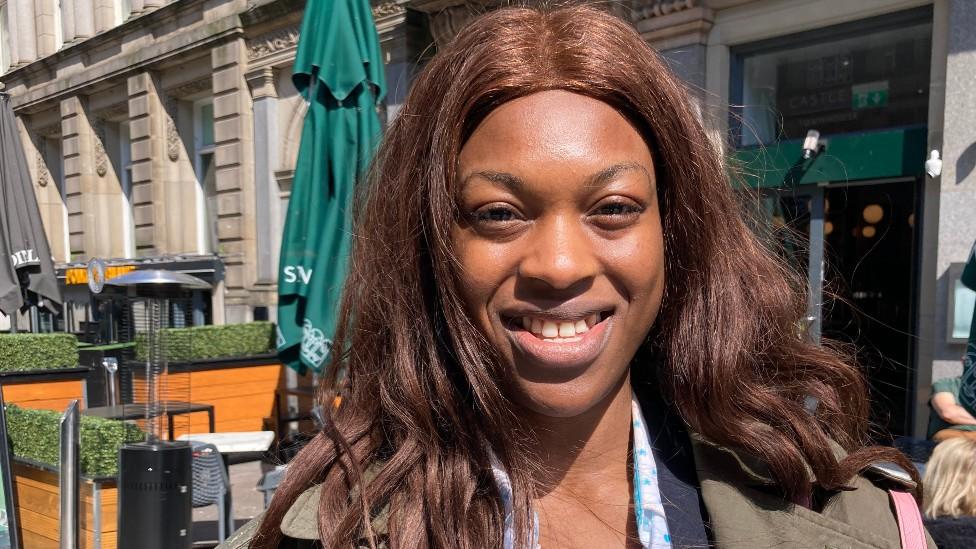
"Eurovision comes and goes, but decisions made by local councillors affect all our lives," says Kanyinsola Adeliyi
Kanyinsola Adeliyi lives in the city centre and works for a law firm. She takes a different view.
"Eurovision comes and goes, but decisions made by local councillors affect all our lives," she said.
Her priorities are education and increasing opportunities to fill the skills gap.
Like many voters, roads and clean streets are a priority for her.
A relative newcomer to the city, she said she wasn't aware of any of the past political controversies.
'Bigger than Eurovision'
Liverpool's Liberal Democrats are hoping to do better than they did in 2021.
Former council leader Lord Mike Storey's surprised everyone by standing for election again after more than a decade away from local politics.
In recent years the Lib Dems have suffered at the ballot box in Liverpool because of them being in coalition government with the Conservatives from 2010 to 2015.
Professor Jon Tonge, from the University of Liverpool, said "one of the biggest myths in North West politics is that Liverpool is a rock-solid Labour city".
"It's only 13 years ago that the Liberal Democrats were running the city and they have enjoyed a modest revival in recent years," he said.
"We shouldn't take Labour control for granted - particularly given the party's internal problems.
"Nevertheless they go into these elections as the favourites, despite the uncertainty."
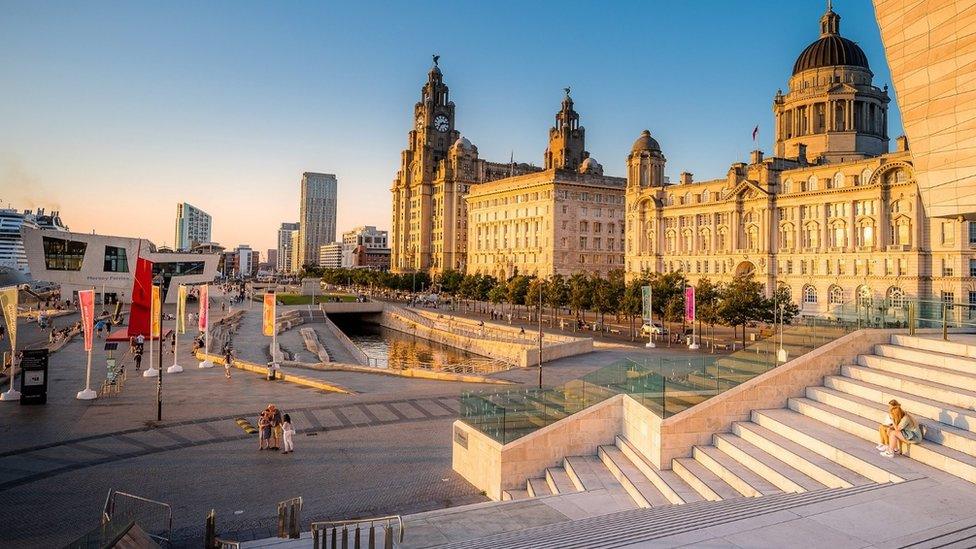
Liverpool's Pier Head will be the location for the official Eurovision Village
Prof Tonge added: "This is bigger than Eurovision, in terms of uncertainty of outcome, in terms of the salience of the contest. What's more important than Eurovision? Local elections!"
Meanwhile The Green Party and the Liberals will hope to retain their support base, and smaller wards mean it could be easier for independent candidates to make gains.
The Liverpool Community Independents are former Labour councillors who fell out with the party over the budget last year, and an organisation called Liberate Liverpool is backing 30 independent candidates.
The Conservatives are standing in 39 of the 64 wards, but have not had a councillor in Liverpool since 1998.

All the build-up, insights and analysis is explored each week on a BBC podcast called Eurovisioncast.
Eurovisioncast is available on BBC Sounds, or search wherever you get your podcasts from.


Why not follow BBC North West on Facebook, external, Twitter, external and Instagram, external? You can also send story ideas to northwest.newsonline@bbc.co.uk
- Published19 April 2023
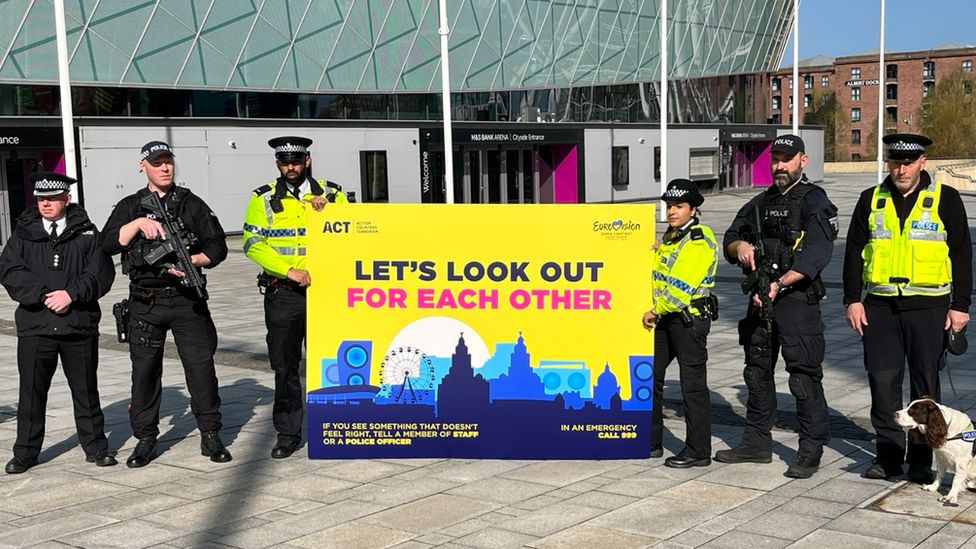
- Published19 April 2023
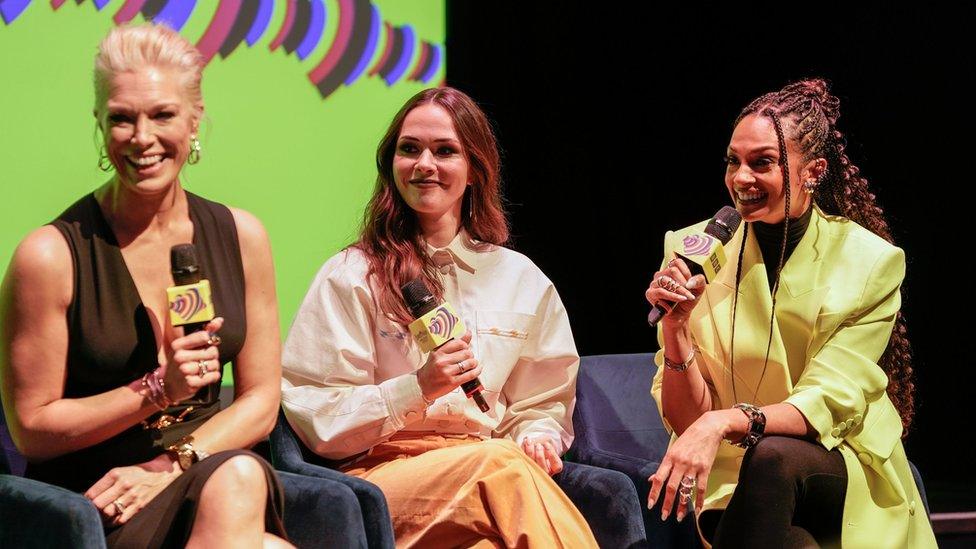
- Published13 April 2023
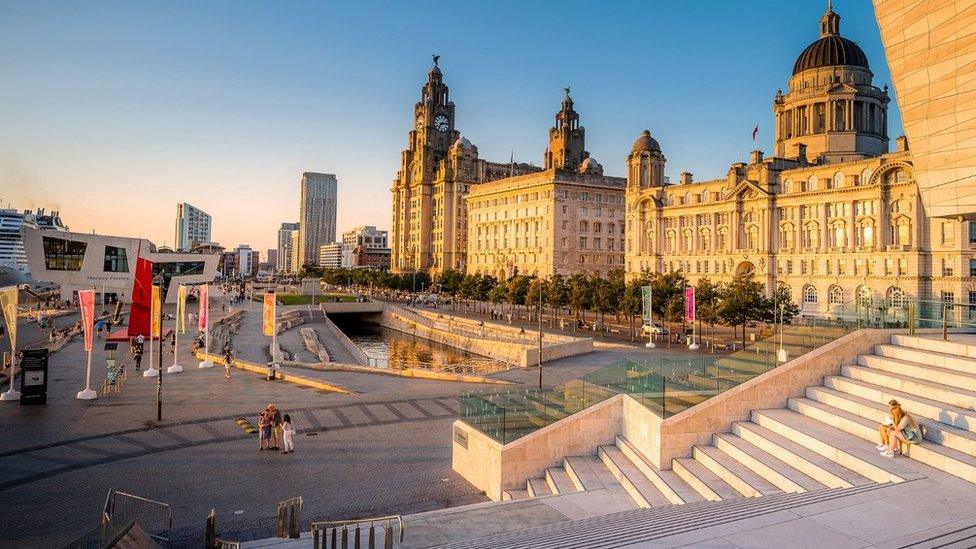
- Published12 May 2023
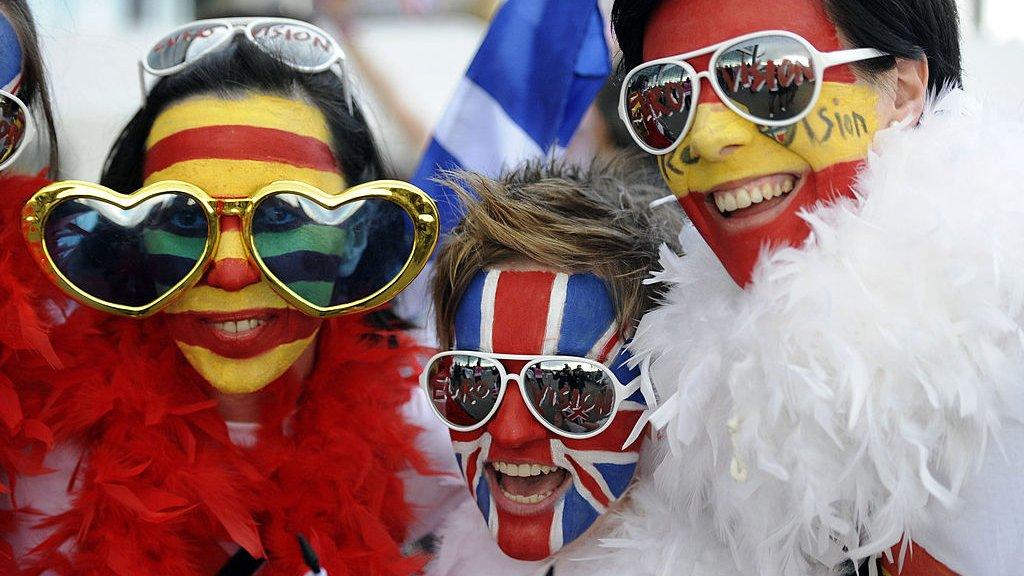
- Published9 March 2023
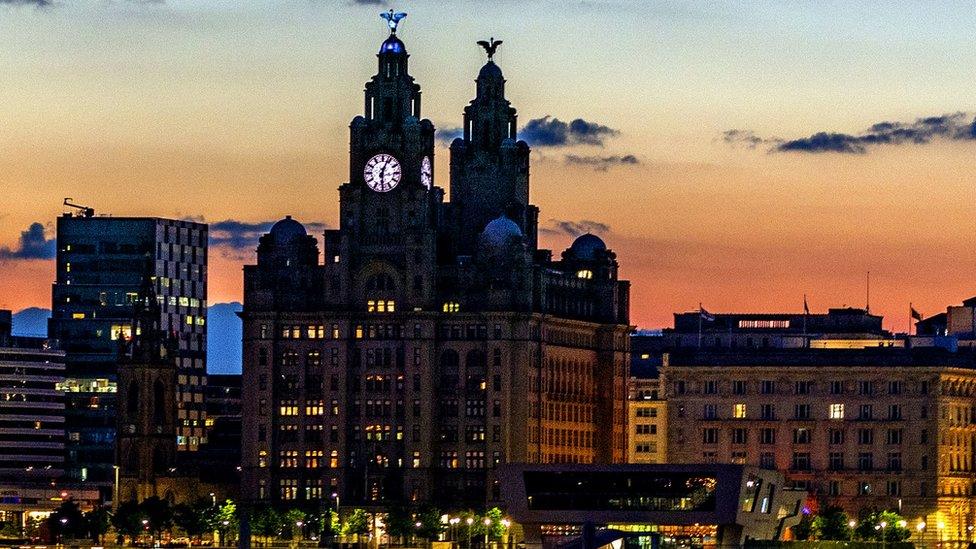
- Published26 January 2023
